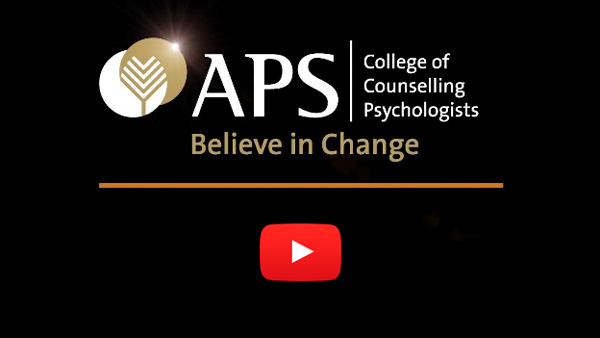What is anti-social behaviour?

By Professor Andrew Day MAPS
Professor of Psychology, Deakin University
Governments, police and the wider society often struggle to understand, control and prevent anti-social behaviour. Psychology has some of the answers.
State governments are increasingly seeking to enact legislation, such as lockout laws for licensed premises and one-punch laws, that aims to curb anti-social behaviour.
While these hard-line public policy initiatives have an important role to play in reducing violence, they are often a simple response to a more complex problem.
If we want to make real inroads in addressing anti-social behaviour, we must supplement these policies with a smarter approach that goes to the heart of the issue by addressing the psychological causes.
What is anti-social behaviour?
Anti-social behaviours are acts that create community concern. These range from misuses of public space, such as fighting or drug use and dealing, to disregard for community safety, such as dangerous driving or drunk and disorderly behaviour.
Other examples include acts that cause environmental damage, such as graffiti or litter.
Anti-social behaviour can range from what is socially unacceptable through to acts that break the law. It is most common in late adolescence but can progress to entrenched criminal behaviour in adulthood.
Causes
A whole range of different theories in both psychology and criminology seek to explain why people behave in an anti-social way.
In psychology, the focus is often on the differences between individual offenders – understanding why one person acts anti-socially, whereas another from a similar background does not.
Psychologists are particularly interested in understanding patterns of behaviour as well as how people think about themselves and other people, and how they respond when they experience strong emotions. So, they focus on understanding personal beliefs surrounding morality and ethical behaviour, and how a lack of self control or empathy might influence how someone behaves.
They may also be interested in understanding how anti-social behaviour is normalised in families and within the school environment, and the impact of major life events, such as a family separation or death. Broader social issues including disadvantage, housing and wider cultural norms are also relevant.
Treatment
Psychologists use an individual approach to treating anti-social behaviour, which focuses on how a person gives him or herself permission to act that way and how they control or fail to control their emotions.
Psychologists sometimes deliver treatment in group settings where individuals can work together to challenge anti-social thoughts and beliefs. Group exercises also help participants to acquire the skills that they need to effectively regulate difficult emotions, such as managing anger.
The way forward
While governments are quick to respond to anti-social behaviour with punishment-based initiatives, we know these policies may ultimately prove ineffective – they may suppress negative behaviour but they fail to eradicate it. Why? In the case of the one-punch laws, a person doesn’t simply walk up to another person in the street and punch them. There’s a history and pattern to this behaviour that needs to be understood if an effective response is to be developed. Put simply, there is always a reason why people think and manage their feelings in the way that they do.
We know, for example, that there’s a strong association between child maltreatment and anti-social behaviour, and this suggests that efforts to prevent child abuse are also likely to reduce anti-social behaviour in the future. On an individual level, it suggests that psychological treatment may be required if the risks of anti-social behaviour repeating are to be adequately managed.
It’s time we began to think seriously about underlying causes and focus our attention on delivering more effective prevention and intervention. Only then can we work to better steer those who are behaving anti-socially on to an alternative pathway – one that doesn’t lead to prison.
 Original Psychlopaedia Article
Original Psychlopaedia Article

This work is licensed under a Creative Commons Attribution NonCommercial NoDerivatives 4.0 International License.









